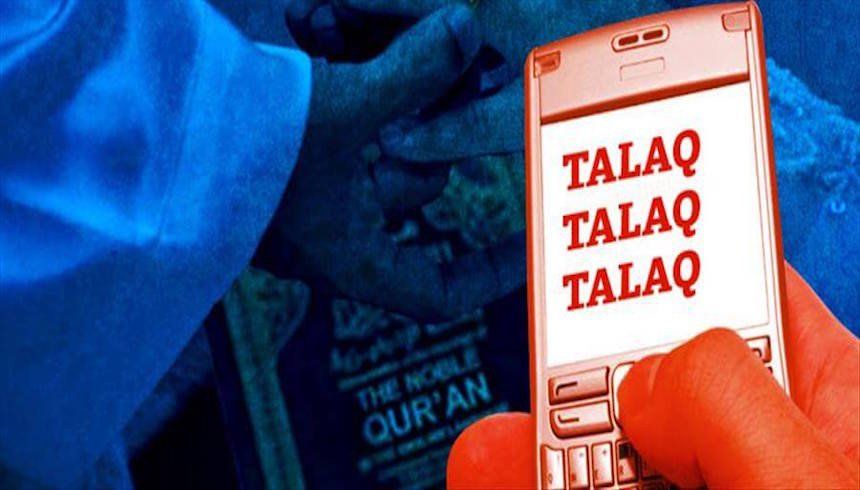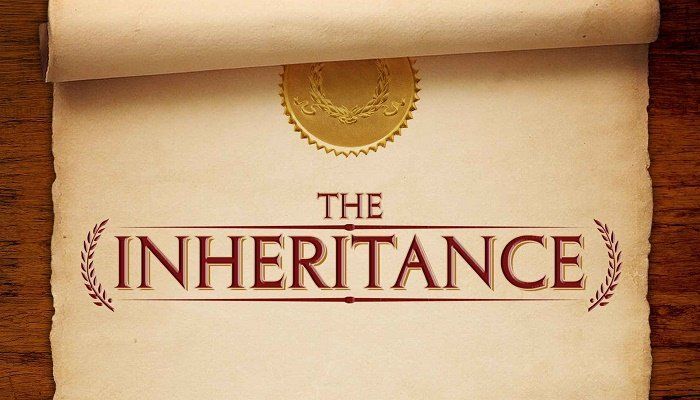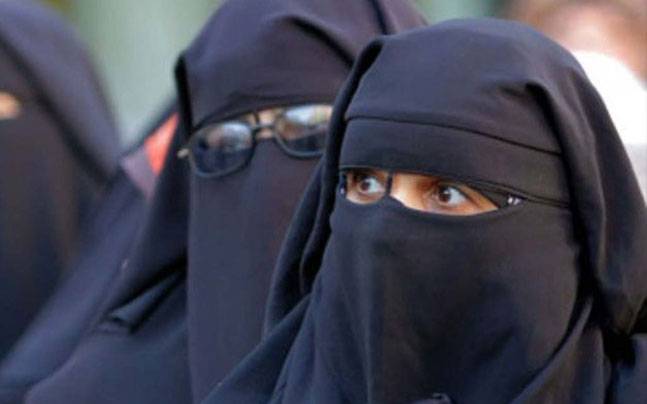The Muslim Women (Protection of Rights on Divorce) Act, 1986
June 25, 2022Table of Contents
- Introduction to the Muslim Women Act
- 1. Short title and extent.-
- 2. Definition
- 3. Mahr or other properties of Muslim woman to be given to her at the time of divorce
- 4. Order for payment of maintenance
- 5. Opinion to be governed by the provisions of Section 125 to 128 of Act 2 of 1974
- 6. Power to make rules
- 7. Transitional provisions
Introduction to the Muslim Women Act
1. Short title and extent.-
(ACT NO. 25 OF 1986) (19th May, 1986).
An Act to protect the right of Muslim women who have been divorced by, or have obtained divorce from, their husbands and to provide for matters connected therewith or incidental thereto.
Be it enacted by Parliament in the Thirty -seventh year of the Republic of India as follows:
(1) This Act may be called the Muslim Women (Protection of Rights on Divorce) Act, 1986.
(2) It extends to the whole of India except the State of Jammu and Kashmir.
2. Definition
In this Act, unless the context otherwise requires-
(a) “ divorced woman” means a Muslim woman who was married according to Muslim law, and has been divorced by, or has obtained divorce from her husband in accordance with Muslim law
(b) “ ideate period” means, in the case of a divorced woman,-
(i) three menstrual courses after the date of divorce, if she is subject to menstruation
(ii) three lunar months after her divorce, if she is not subject to menstruation
(iii) if she is enceinte at the time of her divorce, the period between the divorce and the delivery of her child or the termination of her pregnancy whichever is earlier
(c) “ Magistrate” means a Magistrate of of the First Class exercising jurisdiction under the Code of Criminal Procedure, 1973 in the area where the divorced woman resides.
(d) “ prescribed” means prescribed by rules made under this Act.
3. Mahr or other properties of Muslim woman to be given to her at the time of divorce
(1) Notwithstanding anything contained in any other law for the time being in force, a divorced woman shall be entitled to-
(a) a reasonable and fair provision and maintenance to be made and paid to her within the iddat period by her former husband
(b) where she herself maintains the children born to before or after he divorce, a reasonable and fair provision and maintenance to be made and paid by her former husband for a period of two years from the respective date of birth of such children
(c) an amount equal to the sume of mahr or dower agreed to be paid to her at the time or her marriage or at any time thereafter according to Muslim Law and
(d) all the properties given to her before or at the time or marriage or after the marriage by her relatives or friends or the husband or any relatives of the husband or his friends.
(2) Where a reasonable and fiar provision and maintenance or the amount of mahr or dower due had not been made or apid or the properties referred to in clause (d) of sub-section (1) have not been delivered to a divorced woman on her divorce, she or any one duly authorised by her may, on her behalf, make an application to a Magistrate for an order for payment of such provision and maintenance, mahr or dower or the delivery of properties, as the case may be.
(3) Where an application has been made under sub-section (2) by a divorced woman, the Magistrate may, if he is satisfied that-
(a) her husband having sufficient means, has failed or neglected to make or pay her within the iddat period a reasonable and fair provisions and maintenance for her and the children or
(b) the amount equal to the sum of mahr or dower has not been paid or that the properties referred to in clause (d) of sub-section (1) have not been paid or that the properties referred to in clause (d) of sub-section (1) have not been delivered to her, make an order, within one month of the date of the filing of the application, directing her former husband to pay such reasonable and fair provision and maintenance to the divorced woman as he may determine as fit and proper having regard to the needs of the divorced woman, the standard of life enjoyed by her during her marriage and the means of her former husband or, as the case may be, for the payment of such mahr or dower or the delivery of such properties referred to in clause (d) of sub-section (1) to the divorced woman:
Provided that if the Magistrate finds it impracticable to dispose of the application within the said period, he may, for reasons to be recorded by him, dispose of the application after the said period.
(4) If any person against whom an order has been made under sub-section (3) fails without sufficient cause to comply with the order, the Magistrate may issue a warrant for levying the amount of maintenance or mahr or dower due in the manner provided for levying fines under the Code of Criminal Procedure, 1973, and may sentence such person, for the whole or part of any amount remaining unpaid after the execution of the warrant, to imprisonment for a term which may extend to one year or until payment if sooner made, subject to such person being heard in defence and the said sentence being imposed according to the provisions of the said Code.
4. Order for payment of maintenance
(1) Notwithstanding anything contained in the foregoing provisions of this Act or in any other law for the time being in force, where a Magistrate is satisfied that a divorced woman has not re-married and is not able to maintain herself after the iddat period, he may make an order directing such of her relatives as would be entitled to inherit her property on her death according to Muslim law to pay such reasonable and fair maintenance to her as he may determine fit and proper, having regard to the needs of the divorced woman, the standard of life enjoyed by her during her marriage and the means of such relatives and such maintenance shall be payable by such relatives in the proportions in which they would inherit her property and at such periods as he may specify in his order:
Provided that where such divorced woman has children, the Magistrate shall order only such children to pay maintenance to her, and in the event of any such children being unable to pay such maintenance, the Magistrate shall order the parents of such divorced woman to pay maintenance to her:
Provided further that if any of the parents is unable to pay his or her share of the maintenance ordered by the Magistrate on the ground of his or her not having the means to pay the same, the Magistrate, on proof of such inability being furnished to him, order that the share of such relatives in the maintenance ordered by him be paid by such of the other relatives as may appear to the Magistrate to have the means of paying the same in such proportions as the Magistrate may thin fit to order.
(2) Where a divorced woman is unable to maintain herself and she has no relatives as mentioned in sub-section (1) or such relatives or any one of them have not enough means to pay the maintenance ordered the Magistrate or the other relatives have not the means to pay the shares of those relatives whose shares have been ordered by the Magistrate to be paid by such other relatives under the second proviso to sub-section(1), the Magistrate may, by order direct the State of Wakf Board established under Section 9 of the Wakf Act, 1954, or under any other law for the time being in force in a State functioning in the area in which the woman resides, to pay such maintenance as determined by him under sub-section (1) or, as the case may be, to pay the shares of such of the relatives who are unable to pay, at such periods as he may specify in his order.
5. Opinion to be governed by the provisions of Section 125 to 128 of Act 2 of 1974
It, on the date of the first hearing of the application under sub-section (2) of Section 3, a divorced woman and her former husband declare, by affidavit or any other declaration in writing in such form as may be prescribed, either jointly or separately, that they would prefer to be governed by the provisions of Section 125 to 128 of the Code of Criminal Procedure, 1973, and file such affidavit or declaration in the Court hearing the application, the Magistrate shall dispose of such application accordingly.
Explanation. & ndash For the purposes of this section, “ date of the first hearing of the application” means the date fixed in the summons for the attendance of the respondent to the application.
6. Power to make rules
(1) The Central Government may, by notification in the Official Gazette, make rules for carrying out the purposes of this Act.
(2) In particular and without prejudice to the foregoing power, such rules may provide for-
(a) The form of the affidavit or other declaration in writing to be filed under Section 5
(b) The procedure to be followed by the Magistrate in disposing of applications under the Act, including the serving of notices to the parties to such applications date of hearing of such applications and other matters
(c) Any other matter which is required to be or may be prescribed
(3) Every rule made under this Act shall be laid as soon as may be after it is made, before each House of Parliament, while it is in session, for a total period of thirty days which may be comprised in one session or in two or more successive session, and if, before the expiry of the session immediately following the session or the successive sessions aforesaid, both House agree in making any modification in the rule or both Houses agree that the rule should not be made, the rule shall thereafter have effect only in such modified form or be no effect, as the case may be so however, that any such modification or annulment shall be without prejudice to the validity of anything previously done under that rule.
7. Transitional provisions
Every application by a divorced woman under Section 125 or under Section 127 of the Code of Criminal Procedure, 1973 pending before a Magistrate on the commencement of this Act, shall notwithstanding anything contained in that Code and subjected to the provisions of Section 5 of this Act, be disposed of by such Magistrate in accordance with the provisions of this Act.
These guides are not legal advice, nor a substitute for a lawyer
These articles are provided freely as general guides. While we do our best
to make sure these guides are helpful, we do not give any guarantee that
they are accurate or appropriate to your situation, or take any
responsibility for any loss their use might cause you. Do not rely on
information provided here without seeking experienced legal advice first. If
in doubt, please always consult a lawyer.
The internet is not a lawyer and neither are you.
Talk
to a real lawyer about your legal issue.

Comments by Users
No Comments! Be the first one to comment.
Related Articles
Muslim Law Articles
User Reviews
needed a lawyer….what is the procedure?
very good article. Can you tell me more about the law?
nice one. Please share more info
good article. Can you give some more detail on the issue.
thanks for the advice
Helped a lot in understanding the law.
its very helpful on the subject
Answered all my legal queries.
nice legal article.
good article. Can you share more detail
Good work with the article. Solved all my legal queries. Regards.
Written in a very simple language.
A well written article.
Very helpful in understanding the law.
learned all the basics about the legal issue. Good article. Keep it up.
VIEW ALL


 682+ Lawyers are online
682+ Lawyers are online 









